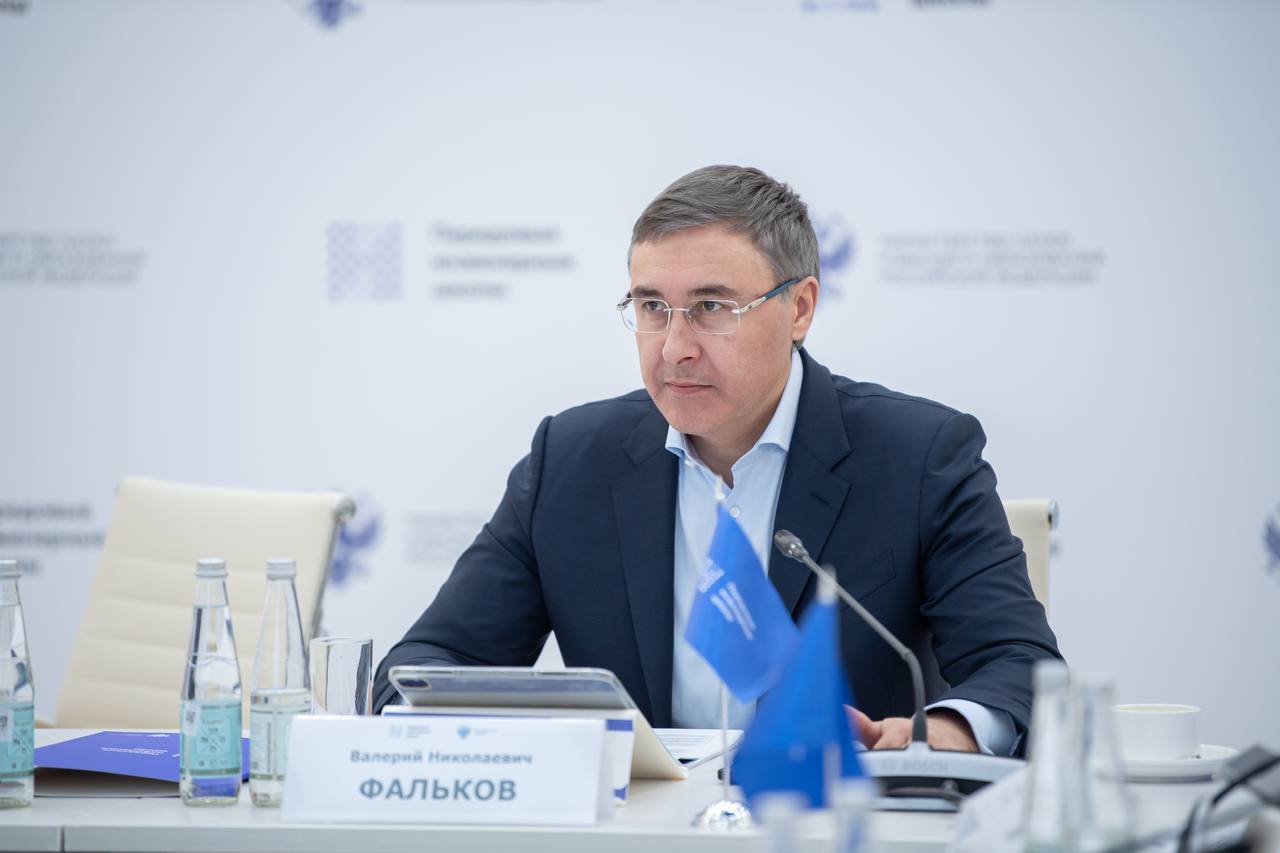In the 2022 results presented by the Schools of Advanced Engineering Studies Grant Council, thirty institutions of higher education were selected as proving grounds for a new generation of engineering schools that will receive funding for the duration of the coming year.
Tomsk State University’s School of Advanced Engineering Studies Agrobiotech received almost 350 million rubles for research, educational program development, and staff training.
The School was established by TSU jointly with partners to ensure Russia's technological autonomy in the field of agriculture. The director of the School is Kirill Golokhvast.
Valery Falkov, Minister of Science and Higher Education of the Russian Federation, stated that the distribution of grant funds was influenced by schools' efficiency, their integration into the real sector of the economy, their adherence to recommendations given by the last year's Council, and the amount of extrabudgetary funds they were able to attract.

“New-age engineers are in demand both by society and the government, and we are responding to this demand. Ministry of Science and Higher Education is placing increased focus on each of the thirty Schools of Advanced Engineering Studies, because they can become the impetus to solve the problem of training engineers for high-tech sectors of the economy. When assessing the progress and potential of these engineering schools, we have been noting how efficiently the universities communicate with industrial partners and how much they incorporate students in solving relevant engineering tasks in certain industries. The broad and diverse make-up of the Council ensures that engineering schools receive all-around, unbiased criticisms — if any — during the reporting period and that grants are distributed evenly,” comments Valery Falkov.
The project is a significant step toward the country's technological sovereignty, so it is supervised with all due responsibility. While assessing the reports presented by the participants of the Schools of Advanced Engineering Studies project, Council members made no concessions. To enable further development and efficiency of engineering schools, expert groups will be accompanying each participating region.
Currently, over 40 industrial partners are taking part in the project: Among them are enterprises specializing in agricultural biotechnology, machinery engineering, chemical processes, aviation and spacecraft technology, nuclear energy, medical devices, and information technology. The list includes such enterprises as PJSC Sibur Holding, PJSC Kamaz, and JSC United Engine Corporation.
For reference. Federal project Schools of Advanced Engineering Studies launched in 2022 on the initiative of the Ministry of Science and Higher Education of the Russian Federation. As part of the state program Scientific and Technological Development of the Russian Federation, it is one of the 42 initiatives of the Russian government aimed at quality-of-life improvements for citizens.
Thirty schools were opened in fifteen regions of Russia, based in universities and with different departmental affiliation:
-
25 are subordinate to the Ministry of Science and Higher Education
-
3 are under the Ministry of Health
-
1 is under the Ministry of Agriculture
-
1 is under the Ministry of Digital Development, Communications, and Mass Media
The largest number of schools were opened in the Volga (nine universities), Central (eight universities), and Northwestern (five universities) Federal Districts of Russia. Fourth place is Siberian Federal District (four universities), and next is Southern Federal District (two universities). Far Eastern and Ural Federal Districts each have one school.
